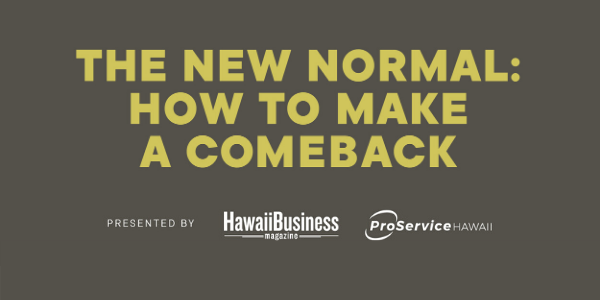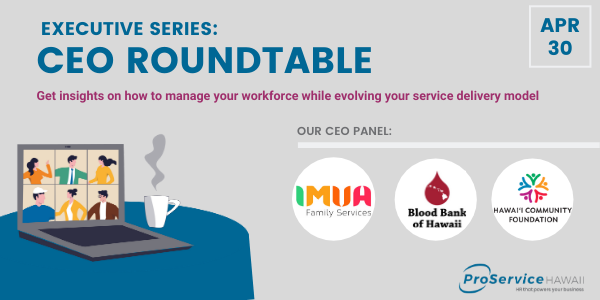Should You Keep HR In-House or Get an HR Partner?
Before we dig in to the debate, let’s quickly define what goes into HR, or Human Resources. Essentially, HR is anything and everything that relates to the management of your workforce. It involves recruiting and hiring new employees, assessing, managing and motivating existing ones, paying people on time, thinking through workplace safety, and adhering to labor laws too—to simply name a few things.
Did we mention admin and paperwork too? There’s plenty of that to go around also.
When it comes to your employee management and responsibilities, employers generally have two options: you can grow your HR team internally, or you can share the workload with an HR partner.
Let's take a look at these two options.
Handling all of your HR in-house is certainly an option—whether you take it on yourself, add HR duties to an existing manager's role, or hire a HR specialist to tackle it full-time.
Choosing the do-it-yourself path gives you total responsibility over how you stay compliant, compensate your employees, offer benefits, and take care of your team.
DIY in-house also means a few other things worth noting:
- A single source of talent. If you decide to handle things in-house, your business’s HR capacity and expertise is limited to the specific professional or professionals you hire.That is, once you’re able to find excellent talent to join your team (remember, Hawaii’s unemployment is at a record low).
- You own all the risk. Employment compliance? Payroll liability? Claims management? When you take things in-house, you become 100% responsible for all these liabilities. According to the Small Business Association, the average cost of an employee-related lawsuit in the United States is $150,000. When the stakes are this high, you want to be sure you (or someone on your team) knows the ins-and-outs of employer laws and HR rules.
- It’s a good idea, until it’s not. Handling everything in-house may seem like a good idea until you run into a problem. Think of it like this: We’ve all seen a home remodel show or two. A DIY kitchen remodel can seem like a fantastic idea, and it might even kickoff smoothly—until you run into a problem with your drywall seams, and the impact is costly. The same thing applies to employee management.
- It’s an added cost. If you choose to hire a dedicated HR pro, there’s the added cost of their wages. According to PayScale, HR managers in Honolulu earn ~$64,000 per year. But don’t get us wrong here: We 100% believe in the value of having a dedicated HR pro on your team if you have the means. The key is to make sure they have time to add strategic value to your business and your people—rather than juggling all your back-office HR admin work instead.
Option 2: Share the workload with an HR partner
Another option is to join forces and share a portion of your employer responsibilities with a local HR partner. While you still need someone internally to do the strategic day-to-day, face-to-face people-work of HR, an outside partner can help you with certain back-office functions like payroll, benefits, workers’ compensation claims, compliance, and a variety of other HR tasks.
It’s a strategy that can streamline your workforce management, reduce your employer liabilities, give you access to a greater pool of specialized talent, and even lower your labor costs.
Still weighing your options? Download our free ebook to learn more about the three big benefits of HR partnerships in Hawaii.








